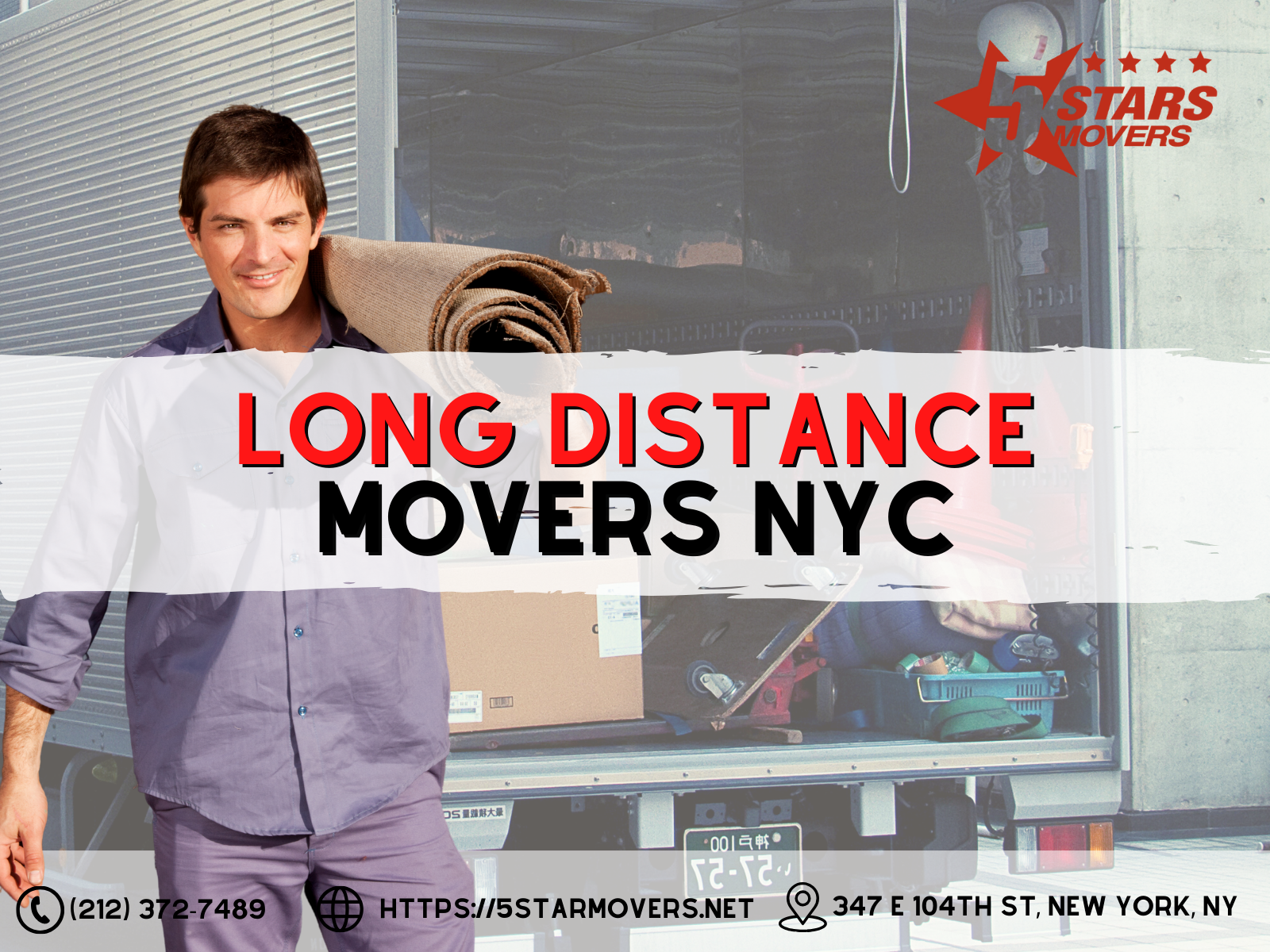
Introduction
Moving can be an exciting and stressful time. Whether you're moving across town or across the country, there are many factors to consider when budgeting for your move. While you may have already accounted for the obvious expenses such as hiring movers and packing supplies, there are hidden costs that can quickly add up and throw off your budget. In this article, we will explore some of the hidden costs of moving and provide http://jeffreyyvzx052.lucialpiazzale.com/how-to-pack-and-move-delicate-crystal-glassware-safely tips on how to budget accurately.
The Hidden Costs of Moving: How to Budget Accurately
Moving Services: Finding the Right Movers
- Researching Movers Near Me: Finding a reliable moving company is crucial to ensure a smooth and efficient move. Take the time to research local movers in your area and read reviews from past customers. Look for companies that offer transparent pricing and have a solid reputation.
Packing Supplies: More Than Just Boxes
- Beyond Boxes: When budgeting for packing supplies, it's important to consider more than just boxes. Other necessary supplies may include bubble wrap, packing tape, packing peanuts, furniture covers, and mattress bags. These items can add up quickly, so be sure to account for them in your budget.
Insurance: Protecting Your Belongings
- Insurance Options: While your moving company may offer basic insurance coverage, it's important to evaluate whether additional insurance is necessary. Consider the value of your belongings and the potential risks involved in the move. Purchasing additional insurance can provide peace of mind knowing that your items are protected in case of damage or loss.
Storage Fees: Temporary Space for Your Belongings
- Need for Storage: If there is a gap between when you move out of your old home and into your new one, you may need to consider storage options. Storage fees can vary depending on the size of the unit and duration of storage needed. Be sure to include these costs in your budget if applicable.
Travel Expenses: Getting to Your New Home
- Transportation Costs: If you're moving long-distance, it's important to factor in travel expenses. This may include gas, meals, lodging, and even flights if necessary. Consider the distance of your move and plan accordingly to avoid any surprise costs.
Utility Setup Fees: Ensuring a Smooth Transition
- Setting Up Utilities: When moving to a new home, there may be setup fees associated with utilities such as electricity, water, gas, and internet. These fees can vary depending on the provider and location. Contact utility companies ahead of time to understand the costs involved and include them in your budget.
Cleaning Costs: Leaving Your Old Home Spotless
- Cleaning Supplies: Before moving out of your old home, you'll want to ensure it's clean for the next occupants. Budget for cleaning supplies such as brooms, mops, cleaning solutions, and trash bags. Additionally, you may choose to hire professional cleaners if needed.
Home Repairs: Fixing Up Your New Place
- Preparing Your New Home: It's not uncommon for new homeowners or renters to encounter unexpected repairs or upgrades upon moving into their new place. Budget for minor repairs such as painting, fixing leaky faucets, or replacing damaged fixtures.
Change of Address: Updating Your Information
- Change of Address Fees: Don't forget to account for any fees associated with updating your address. This may include fees for changing your driver's license, updating vehicle registration, or updating subscriptions and memberships.
Time Off Work: Balancing Moving and Employment
- Taking Time Off: Moving requires time and effort. Depending on the complexity of your move, you may need to take time off work or hire movers who can accommodate your schedule. Be sure to consider any potential loss of income when budgeting for your move.
FAQs
Q: How can I save money when hiring movers?- A: To save money on movers, consider moving during off-peak times, packing and unpacking yourself, or downsizing your belongings to reduce the amount of items that need to be moved.
- A: Yes, you can try asking local businesses for free boxes, utilizing items you already have as makeshift packing materials, or renting reusable plastic bins instead of purchasing cardboard boxes.
- A: Most moving companies offer basic insurance coverage, but it's important to review the details and consider additional insurance if needed.
- A: Budget for minor repairs and consider learning basic DIY skills to tackle small projects yourself. If major repairs are needed, consult with professionals and obtain quotes in advance.
- A: In certain cases, you may be eligible to deduct some moving expenses on your tax return. Consult with a tax professional or refer to IRS guidelines for more information.
- A: It's recommended to book movers at least two months in advance, especially during peak moving seasons.
Conclusion
Moving can come with hidden costs that can quickly add up if not properly budgeted for. By considering the various factors discussed in this article such as researching movers, accounting for packing supplies and insurance, factoring in travel expenses and utility setup fees, and planning for unexpected repairs or upgrades, you can ensure a more accurate and stress-free budget for your move. Remember to always plan ahead and leave room for flexibility as unforeseen costs may arise. Happy moving!